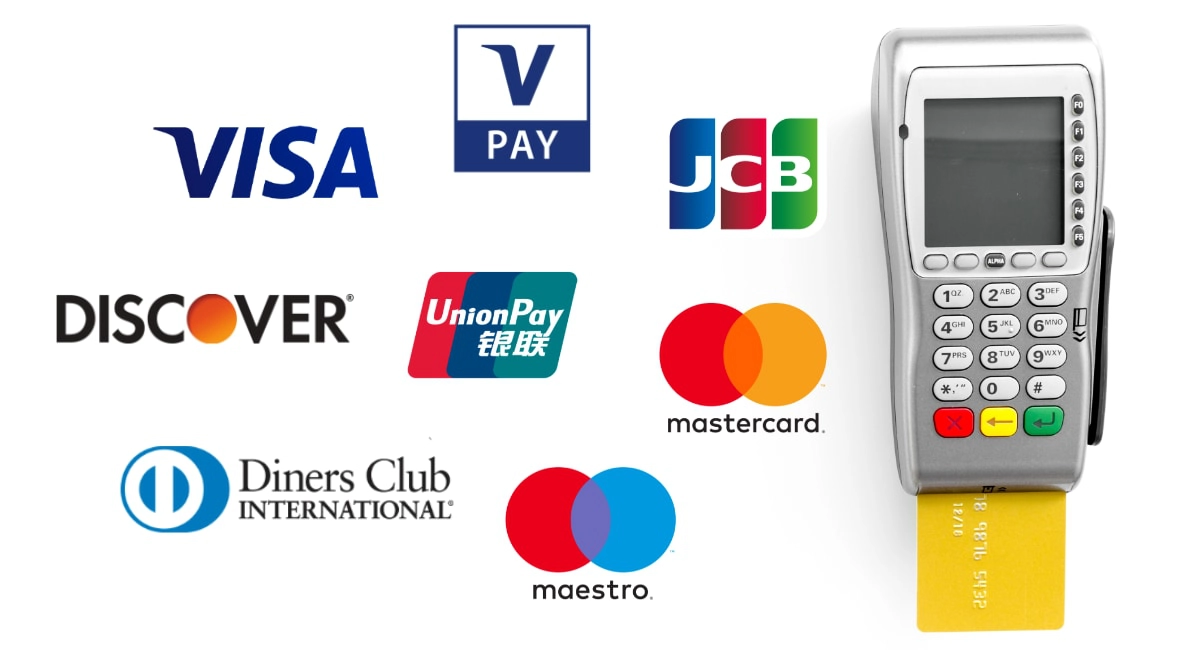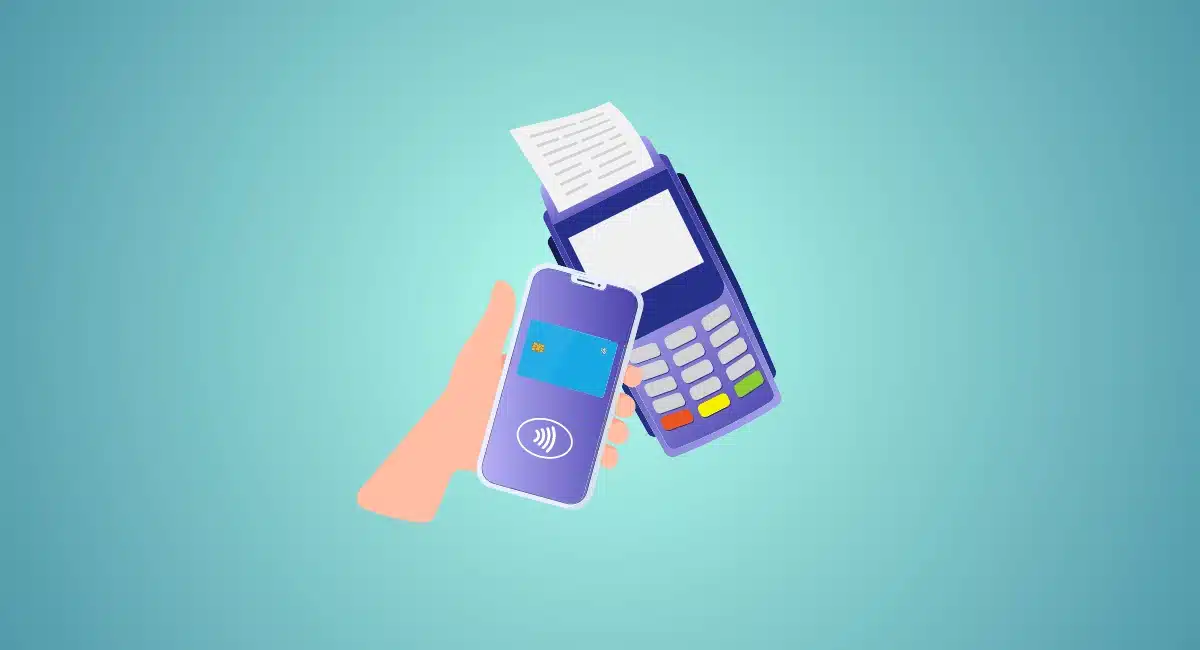It’s tempting to think that the more cards you accept in a business, the better. But is it worth it to offer the full umbrella of card brands (also called card networks or card schemes)?
According to research on Discover cardholders, 17% decide not go ahead with a transaction, or they change spending behaviour, if their preferred card is not accepted. 59% look for signage before paying, and 46% look for signage before choosing a merchant.
There is also a difference in transaction amounts between credit and debit cards. The average credit card spend is £53.55, while for debit cards, it is £38.43. That’s £15.12 more for credit cards. Is it then not obvious that the more credit cards you accept, the higher your chance of maximising profit potential?
Not necessarily – if the cost of acceptance is higher than the benefits. Let’s look at the popularity, fees and user groups of each card brand so you can determine which are essential for your business.
Visa – essential in the UK
Visa Debit is the most popular debit card in the UK – and debit card is the most frequent payment method ahead of cash and credit cards. Visa Credit and Debit cards are issued by most banks. According to industry association UK Finance, it has 97% market share of all issued debit and co-branded cards in the UK. Need we say any more?
UK-issued Visa card transactions are almost always charged the same as UK-issued Mastercard and Maestro cards, and typically this transaction fee is the lowest between all card brands.

If you accept a foreign-issued, premium or business card of this brand, you may have to pay a higher fee that includes a cross-border charge or just a mark-up of the standard fee.
All acquirers and card machines are able to accept Visa, although terminals that do not come with some kind of merchant account will need an acquiring agreement.
Should you accept it? Yes, any business in the UK should accept Visa as a priority.
Transaction fees: Lowest of all cards. Premium, business and foreign-issued cards usually incur higher fees.
Card readers accepting it: iZettle Reader, SumUp Air, SumUp 3G, Square Reader, PayPal Here, Worldpay Reader, myPOS, Barclaycard Anywhere, Elavon MobileMerchant
Acquirers: All (excl. American Express)
Visa Electron – for the very young and debt-conscious
Visa Electron is a debit card requiring that all the funds are available in your bank account at the point of purchase, as opposed to Visa Debit which can be used with an overdraft. The card is mostly popular with young people (14-18 years old) or those with a poor credit rating who need a card that does not risk creating more debt.
Visa Electron usage is declining, as banks have moved many previous users to a Visa Debit card.
When you already accept Visa, you will as default usually accept Visa Electron. However, many payment providers are not upfront about this until you ask about it.
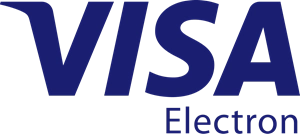
Who should accept it: Businesses serving teenagers and low-income customers.
Transaction fees: Lowest, similar to standard Visa fees.
Card readers accepting it: iZettle Reader, SumUp Air, Square Reader, PayPal Here, myPOS, Barclaycard Anywhere
Acquirers: All (excl. American Express)
Although not issued in the UK, you can accept V Pay if your payment provider allows it and you have a chip and PIN machine. That’s because it’s a chip-only, PIN-based card that has to meet certain requirements set by a number of European banks.
The card is a Visa Europe product and cannot be accepted outside Europe.
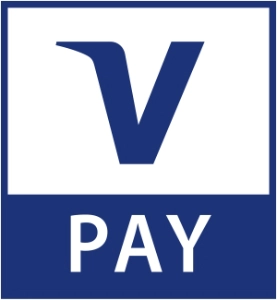
Who should accept it: Businesses frequented by Eurozone customers.
Transaction fees: Lowest, similar to standard Visa fees.
Card readers accepting it: iZettle Reader, SumUp Air, SumUp 3G, Square Reader, myPOS
Acquirers: All (excl. American Express)
All acquirers and card terminals are able to accept Mastercard. The transaction fees are usually the lowest – on par with Visa – compared to other card brands.
However, foreign-issued, business account and other premium cards of the Mastercard brand incur higher fees with most merchant service providers.
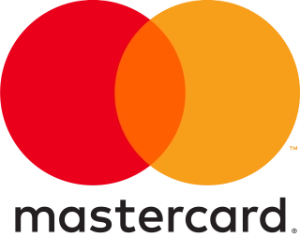
Should you accept it? Yes, anyone in the UK would lose out on revenue if they did not accept Mastercard.
Transaction fees: Lowest of all cards. Premium, business and foreign-issued cards usually incur higher fees.
Card readers accepting it: iZettle Reader, SumUp Air, SumUp 3G, Square Reader, PayPal Here, myPOS, Worldpay Reader, Barclaycard Anywhere, Elavon MobileMerchant
Acquirers: All (excl. American Express)
Maestro is one of the most widely used cards in Germany, Holland and Belgium, while other EU countries like Denmark have decided to replace them with Visa or Debit Mastercard – as in the UK.
The card can rarely be used for online payments, since its technology is built for processing in a physical terminal.
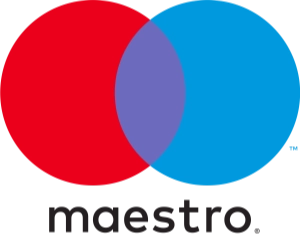
Who should accept it: Businesses with European customers.
Transaction fees: Lowest, comparable with standard Mastercard fees.
Card readers accepting it: iZettle Reader, SumUp Air, SumUp 3G, Square Reader, PayPal Here, myPOS, Worldpay Reader, Barclaycard Anywhere
Acquirers: All (excl. American Express)
American Express – affluent customers, expensive for merchants
Based on purchase volume, American Express is the largest card issuer in the world, and it is the fourth largest in terms of number of cards in circulation worldwide. The card is popular with business travellers and/or high-income individuals, so transaction size tends to be high with Amex.
Despite the name, American Express is not just for American customers – it is issued to British consumers, for example co-branded with British Airways for frequent flyers to collect Avios points to redeem for flights.
Also called Amex, it is both a card network and card issuer, meaning the company does not rely on banks to issue their cards. Customers apply for Amex credit and prepaid cards from the company directly.
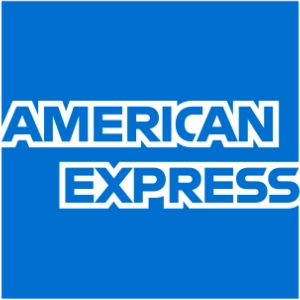
For the merchant, it usually means you need a separate merchant account from American Express to accept the card. The card fees are higher than for Visa and Mastercard, since it is classed as a “premium” card.
Who should accept it: Those frequented by American tourists, business travellers and well-off clientele.
Transaction fees: Usually high fees compared to other cards, e.g. 3-4% of transaction amount.
Card readers accepting it: iZettle Reader, SumUp Air, SumUp 3G, Square Reader, PayPal Here, myPOS
Acquirers: American Express
It means Americans have come to expect that the card can be accepted on trips abroad, including the UK.

However, not many card readers and merchant service providers are able to accept it (tip: if you see the Diners Club logo, they will usually accept Discover too).
Who should accept it: Businesses frequented by Americans.
Transaction fees: Typically high, e.g. 2-4% of transaction amount.
Card readers accepting it: iZettle Reader, SumUp Air
Acquirers: AIBMS, Borgun, Elavon, Global Payments, Wirecard, Worldpay
Diners Club – popular with business travellers
Diners Club is a charge card, which is different from credit cards in that payments have to be paid in full by the cardholder on a monthly basis (with credit cards, it is enough to pay a minimum amount). Diners Club is used by companies and business travellers who are usually well off.
Being an American company that is part of the Discover Global Network, it has more than 70 million users and is accepted in 190 countries. In the UK, the card is not widely used, but airports and shops with regular high-income and business customers could lose out on revenue by not accepting it.

Most merchant service providers don’t offer Diners Club acceptance as a default option, but some offer contracts for it. Card fees are usually on the high side, since it is classed as a premium/business card with more buying power.
Who should accept it: Those based at a location frequented by business travellers or other affluent people.
Transaction fees: Typically high, e.g. 3-4% of transaction amount.
Card readers accepting it: iZettle Reader, SumUp Air
Acquirers: AIBMS, Borgun, Elavon, Global Payments, Wirecard, Worldpay
It issues both debit and credit cards, some of which were co-branded with Visa or Mastercard prior to 2016 when UnionPay decided to stop producing co-branded cards. It is therefore paramount for anyone serving Chinese customers to accept UnionPay to minimise lost sales.
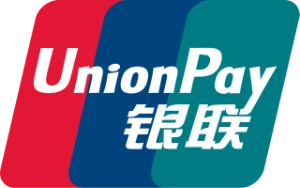
In the UK, the card is mostly used by affluent Chinese tourists who love to go shopping. The card is regarded as a premium card, so transaction fees are on par with other foreign card brands.
Who should accept it: Those frequented by Chinese customers and business travellers.
Transaction fees: Typically high, e.g. 3-4% of transaction amount.
Card readers accepting it: iZettle Reader, SumUp Air, myPOS
Acquirers: AIBMS, Borgun, Elavon, Global Payments, Wirecard, Worldpay
In 2017, the UK had 246,857 visits from Japan. Most of these visitors go to museums, galleries and places with a good reputation for shopping. If your business is located in such an area, it may be worth accepting JCB.
As with other foreign cards, it is more expensive to accept JCB than the UK-popular brands, but the transaction value of a purchase by Japanese tourists can easily be high.
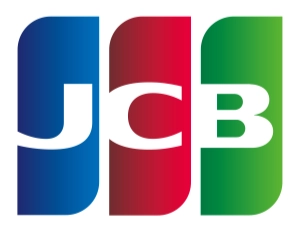
Who should accept it: Those frequented by Japanese customers.
Transaction fees: Typically high, e.g. 3-4% of transaction amount.
Card readers accepting it: iZettle Reader, myPOS, Elavon MobileMerchant
Acquirers: Borgun, Elavon, Global Payments, Wirecard, Worldpay

